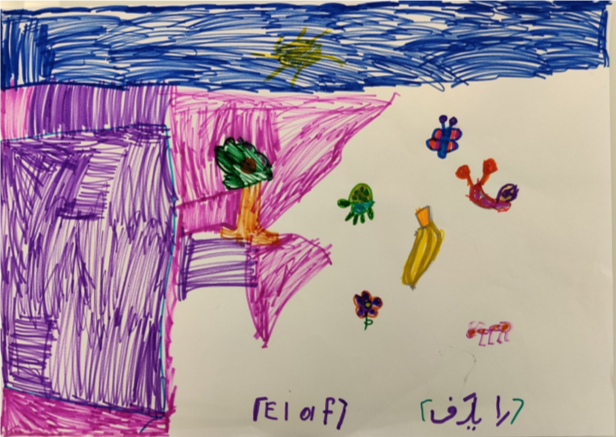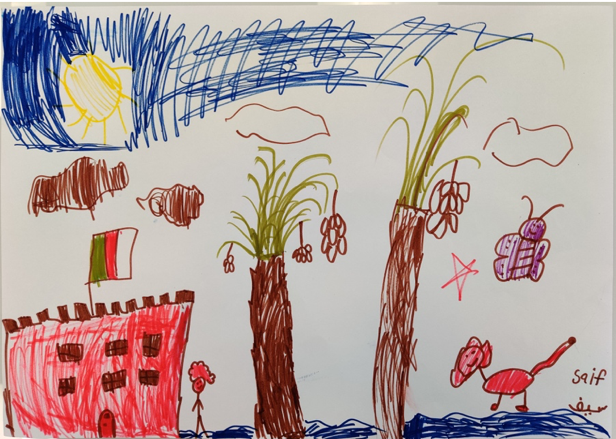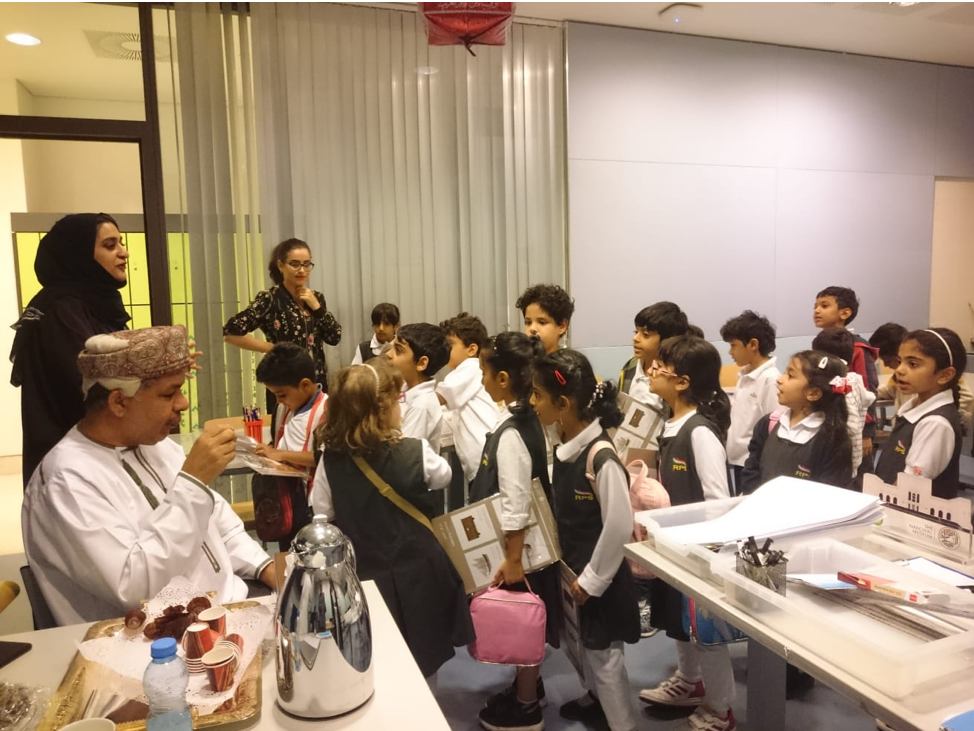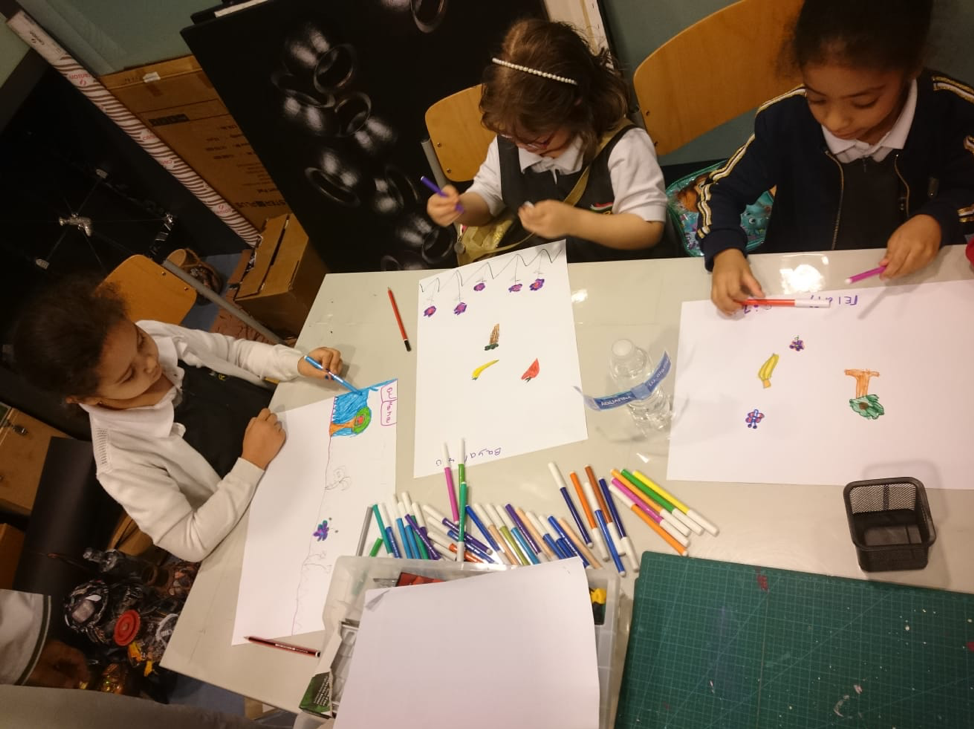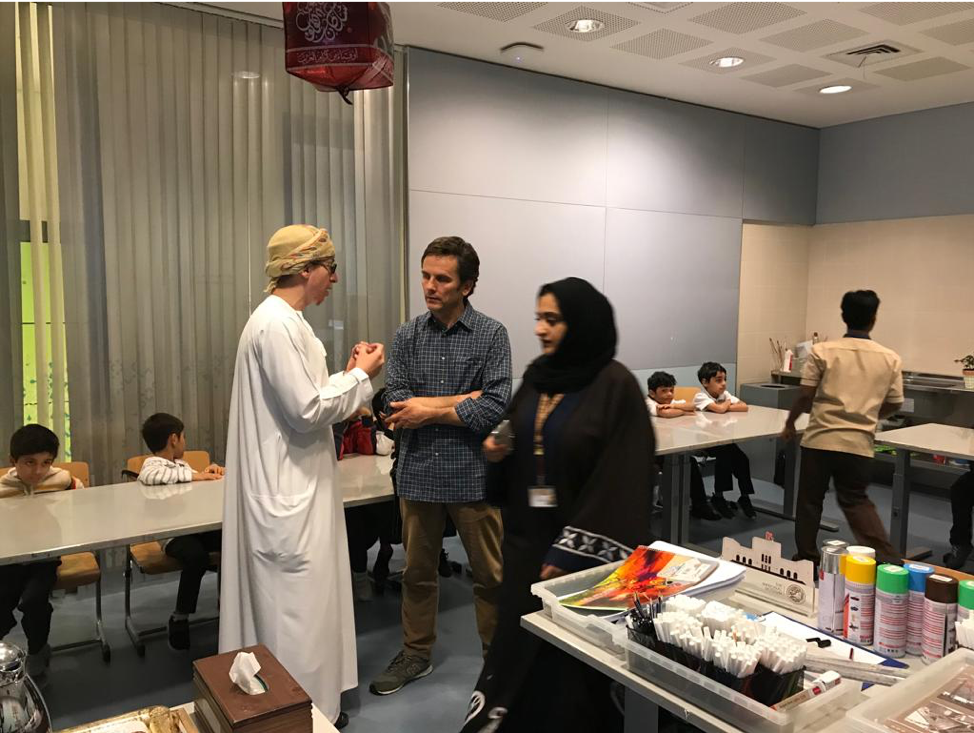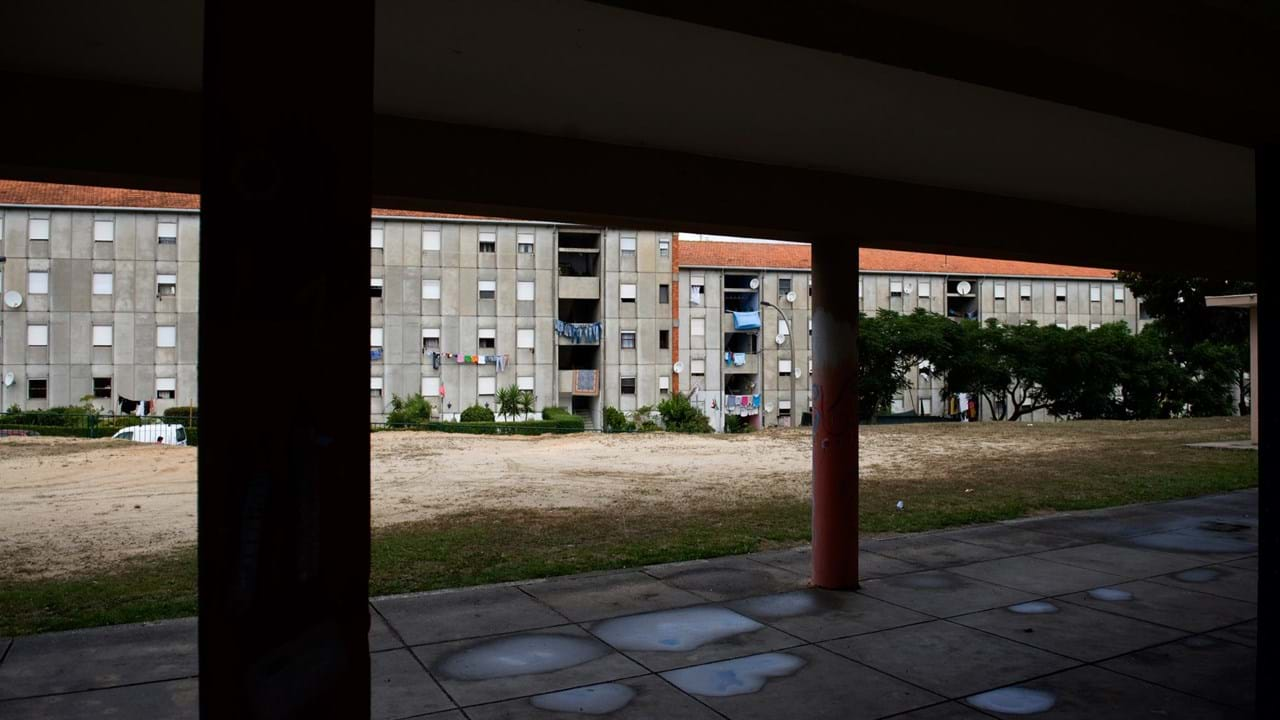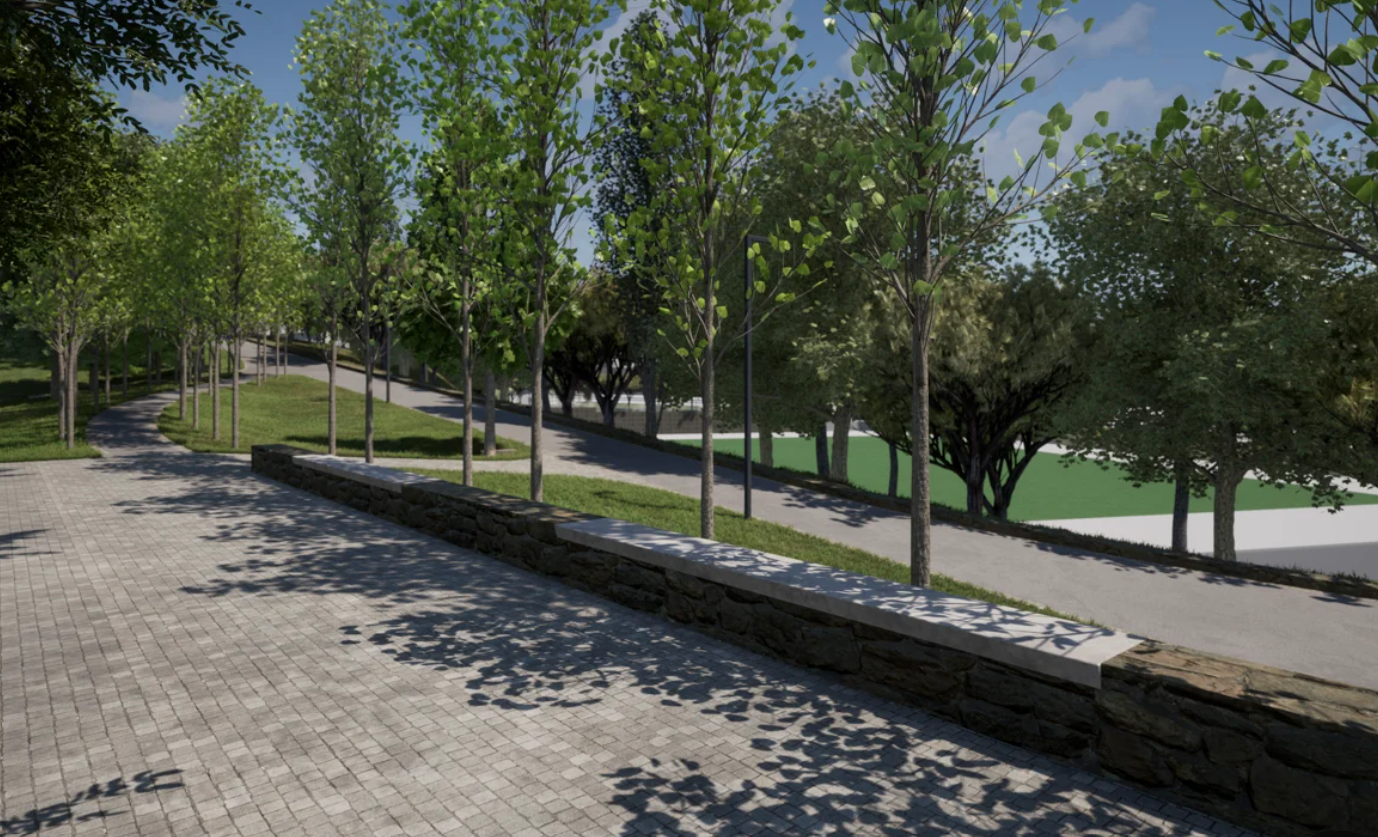The Sultanate of Oman is one of the observer countries in the URBiNAT project. While the participatory processes developed during the first year of URBiNAT are novel in the context of most European cities and communities, this is generally even more so when we go beyond Europe. Both the need and the receptiveness to the value-enhancing methodologies presented by URBiNAT in this context may be seen to be even stronger in other part of the word.
In the autumn of 2019, participatory solutions were introduced, tested and advanced in Iran and Oman with great success. In the case of Oman, and particularly on the occasion of the event on “The Future of Water and Humanity”, these practices were deployed during the launch of a workshop series engaging children and youth. The purpose is to foster impetus towards increased awareness of the fundamental value of water, a resource of critical importance to all people in the world, yet whose supply is under threat in more and more regions. The objective was to better understand how water management has to do with people, and what each one of us can do to support its sound use.
The Workshop was further devised so as to instil a culture of collaboration and active participation linking to the theme of Healthy Corridors and the implementation of Nature Based Solutions (NBS). It is well understood that inspiration and substance conveyed to children will most likely be transmitted to family, friends and community, holding true for the Middle East as much as it does to Europe.
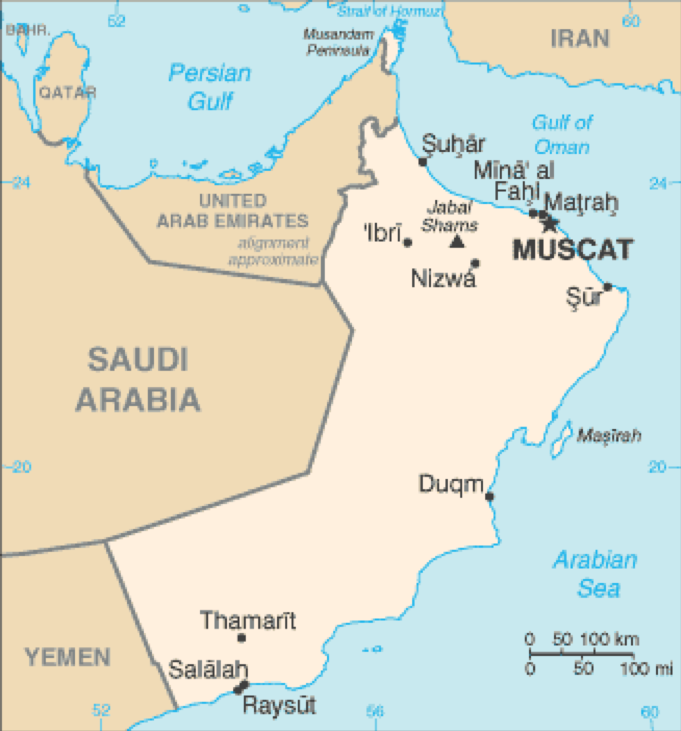
The inaugural event in this workshop series was held at the National Museum of Oman, on November 13, 2019. The children who took part were 7-8 years old. Initially they were introduced to the lecturers, mainly prof. Abdullah Al Ghafri of Nizwa University, one of the leading experts in the country on traditional water management in Oman, the Aflaj Water System. Besides prof. Abdullah, experts from URBiNAT, on the occasion from IKED and IULM, were present and helped aid the process. The material presented to the children was quite advanced, essentially with a scope and depth resembling what is used in lectures to university students of Aflaj in the Sultanate of Oman.
Through the presentation by Dr Abdullah and the subsequent discussions, the children were intensively inspired by the material and the discussions which were put so as to connect the subject to the every-day life of children, their community and geographical location.
Following the presentation, the children were encouraged to compare the past with the present, and consider the consequences of where we stand today, and what may be done about it. The Omani children again responded with intensive creativity and presented concrete proposals. They also produced presentation material to illustrate future steps of action. Their reflections on the present, documented in paintings and charts what to do next, were insightful and rich in content.
Links to the URBiNAT project
Water-management solutions such as the Aflaj represent historical NBSs in which the community and citizen participation play a major role. The Aflaj was organised by the community as a means of collaboration, providing water to households and farms in a water-saving manner run as what we today would most likely label social enterprise and social innovation.
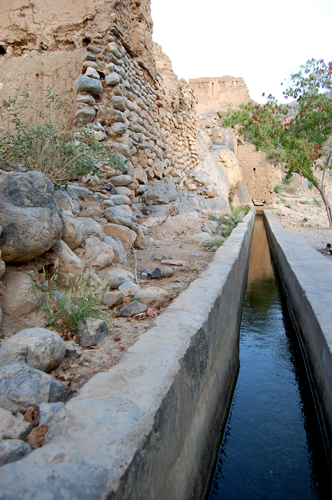
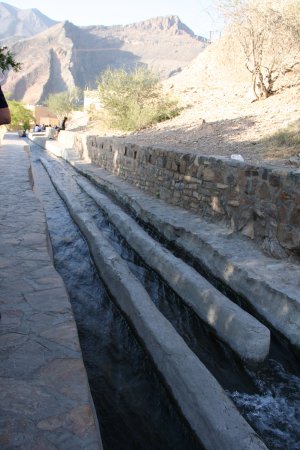
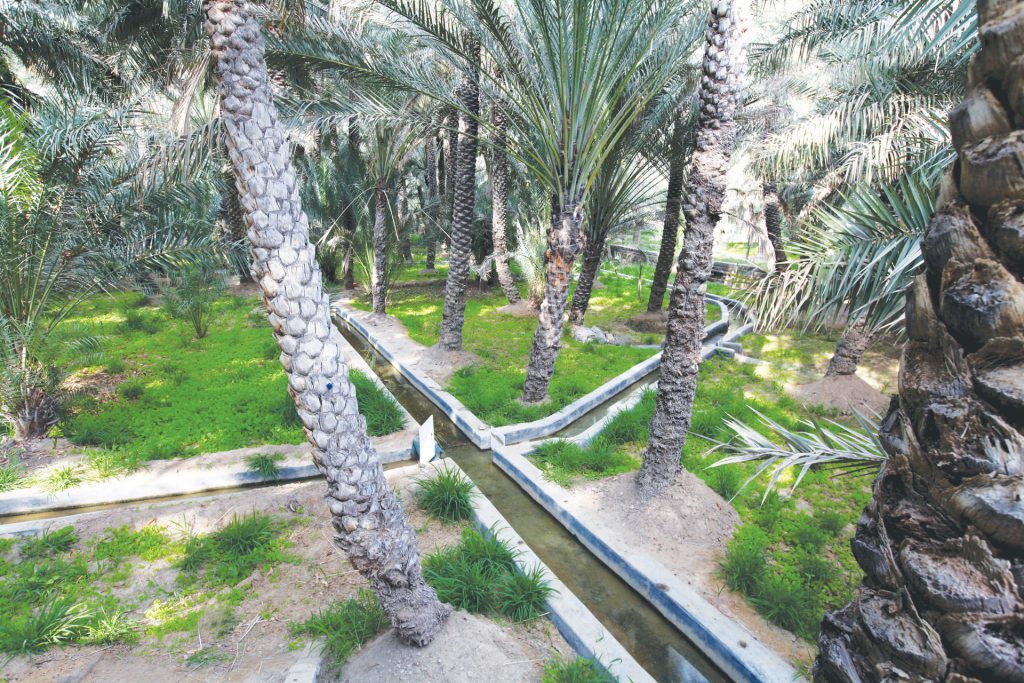
In preparation of 2nd round workshops
Building on the experience of the initial workshop at the National Museum, organisations located in other countries are preparing for a 2nd round of workshops, entailing a similar structure and dialogue. Based on instructions that draw on the methodology refined in URBiNAT, the envisaged steps include the arrangement of a similar gathering/class, initiated by a lecture and presentation, then moving to group discussion, inspiration to compare with the present, and the development of presentation materials.
Confirmation of the holding of such follow-up workshops has been received from mentors and schools in Germany, Italy and Iran, with such exercises to be arranged in December/January. In each of these cases, experts with experience from URBiNAT will be present. Expressions of interest have been received as well from Belgium, Sweden, Sri Lanka and African countries. The process will make use of existing networks so as to create and connect to the URBiNAT concept of Community of Practice.
After completion of this series of worskhops, representatives of the children along with their mentors will take part in a joint video conference to collect their input, ideas and recommendations on key lessons and how to take them further, in the context of urban planning and development as well as local, national and international policy fora. The next steps will be reported in subsequent posts.
